Risk of "scratching" the number of kilometers
On May 9, the Government Office issued a directive from Deputy Prime Minister Tran Hong Ha to the Ministry of Transport to study a reasonable inspection cycle for non-commercial vehicles, private vehicles and commercial vehicles. In particular, the Deputy Prime Minister noted the study of regulations on inspection cycles based on the number of kilometers (km) used.
Currently, the inspection cycle is calculated based on the number of months the vehicle has been in operation. Commercial vehicles have a shorter inspection cycle than family cars.
Before this directive, speaking with VietNamNet reporter on the morning of May 11, traffic expert Nguyen Van Thanh, former Chairman of Vietnam Automobile Transport Association said that if the inspection cycle can be calculated by km, it will be very accurate but very difficult to control.
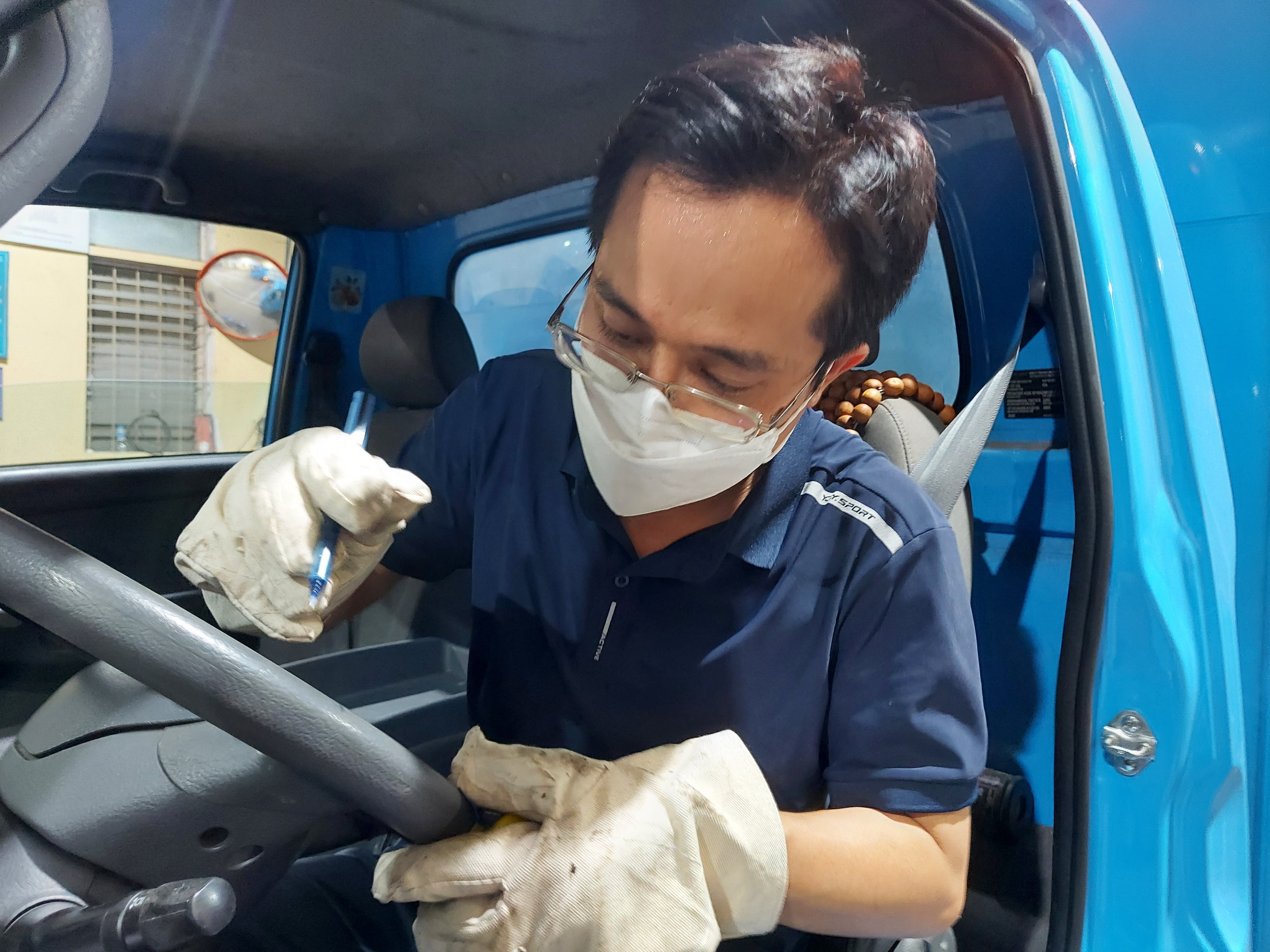
“Calculating the inspection cycle by time makes it easier for traffic police to control thanks to the inspection stamp. If calculating by km, the inspector has to check the clock to see if it is time for the inspection. Similarly, this is also difficult for the traffic police force,” Mr. Thanh analyzed.
On the other hand, experts are also concerned about the situation of vehicle owners “playing” or “rewinding” the meter. This behavior is quite common in cases of buying/selling used cars. The seller only needs to pay a small amount of money and the auto mechanic will rewind the number of kilometers the car has run…as desired. Even just removing the speedometer sensor will immediately stop the meter.
"It is not difficult to turn back the clock, so if we apply this method, I think we must consider what management, monitoring and control tools we will use," Mr. Thanh said.
Agreeing with this opinion, Associate Professor, Dr. Dam Hoang Phuc, Director of the Automotive Engineering Training Program ( Hanoi University of Science and Technology) also said on the morning of May 11: "Calculating the vehicle inspection cycle by the number of kilometers is very difficult to implement."
“Currently, there are no sanctions or regulations to control the number of kilometers displayed on cars. This can lead to cheating on the inspection cycle through adjusting the number of kilometers. Even car manufacturers cannot control cheating on the number of kilometers the car has run. If this proposal is made, there should be sanctions to check to determine the exact number of kilometers the car has run in order to completely limit the above cheating, thereby avoiding negative inspections,” Associate Professor, Dr. Phuc emphasized.
The less you drive your car, the faster it breaks down.
Technically, car experts say that the less you use your car, the faster it will break down. Because other electronic and mechanical devices will operate smoothly if they are used regularly. If they are “covered” for a long time, many devices will age faster.
Accordingly, the vehicle will have difficulty starting, cracked tires, low air pressure, brake jamming due to concentrated grease (not used for a long time) or some parts will be rusted, damaged...
Associate Professor, Dr. Dam Hoang Phuc believes that the technical quality of a vehicle will decline according to both factors: the number of kilometers of operation and the time of storage. Therefore, the less the vehicle is used, the more technical safety is guaranteed.
“The current method of calculating the inspection cycle based on time is suitable both in terms of management and technology. Similarly, car manufacturers now calculate the period of time when vehicles need warranty and maintenance based on two criteria: the number of kilometers the vehicle has run or the time of use. Whichever criterion comes first, the car owner will take the car for warranty at that time,” Mr. Phuc said.
Sharing with VietNamNet , the leader of the Vietnam Register said that countries around the world currently only apply the calculation of operating kilometers in vehicle warranty and maintenance, but not in the inspection cycle.
According to this person, if applied in Vietnam, the act of mileage fraud must also be regulated in the Criminal Code to have sufficient deterrence and prevention. If it is only included in the Road Traffic Law and administrative penalties are imposed based on Decree 100, it will not be possible to completely prevent mileage fraud.
“The Vietnam Register is continuing to study vehicle inspection cycle calculation models in countries around the world and selecting them for practical application in Vietnam to suit domestic conditions. The Department has been and is continuing to study cycle calculation based on the number of kilometers before having the final report,” the leader of the Register informed.
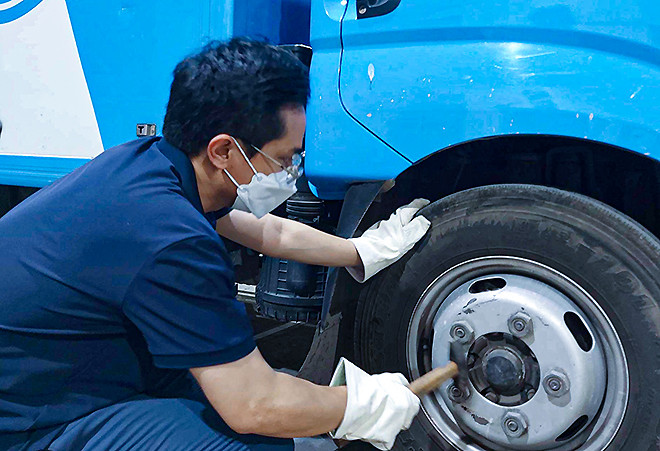
Source



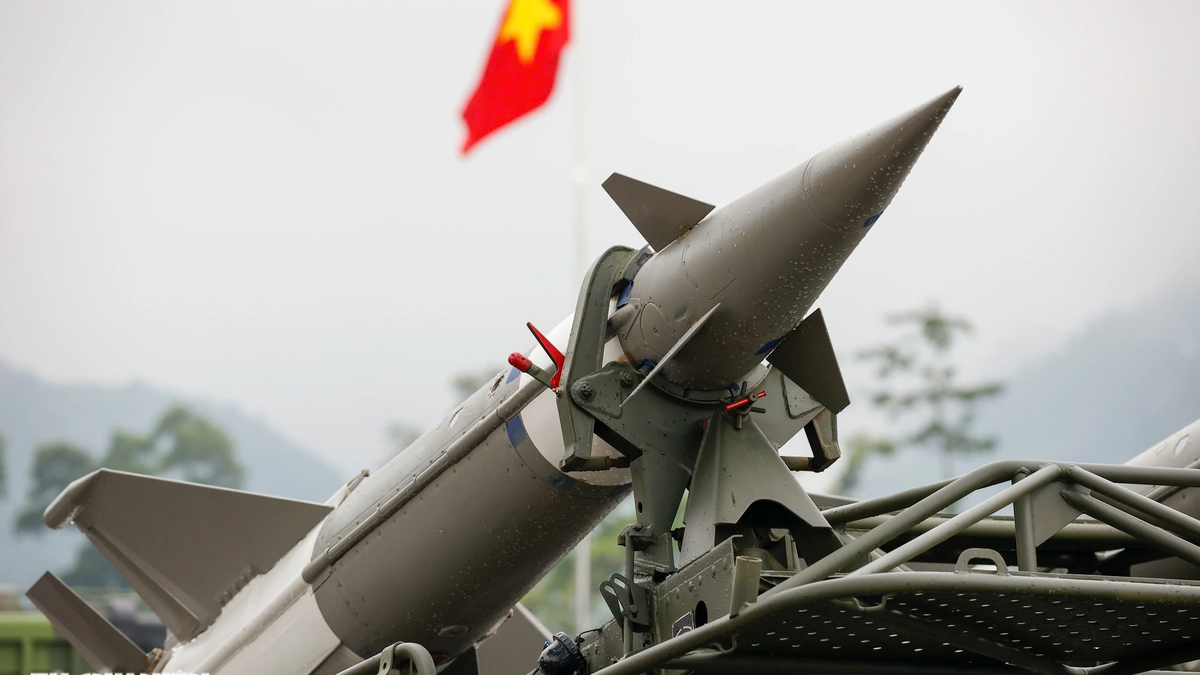
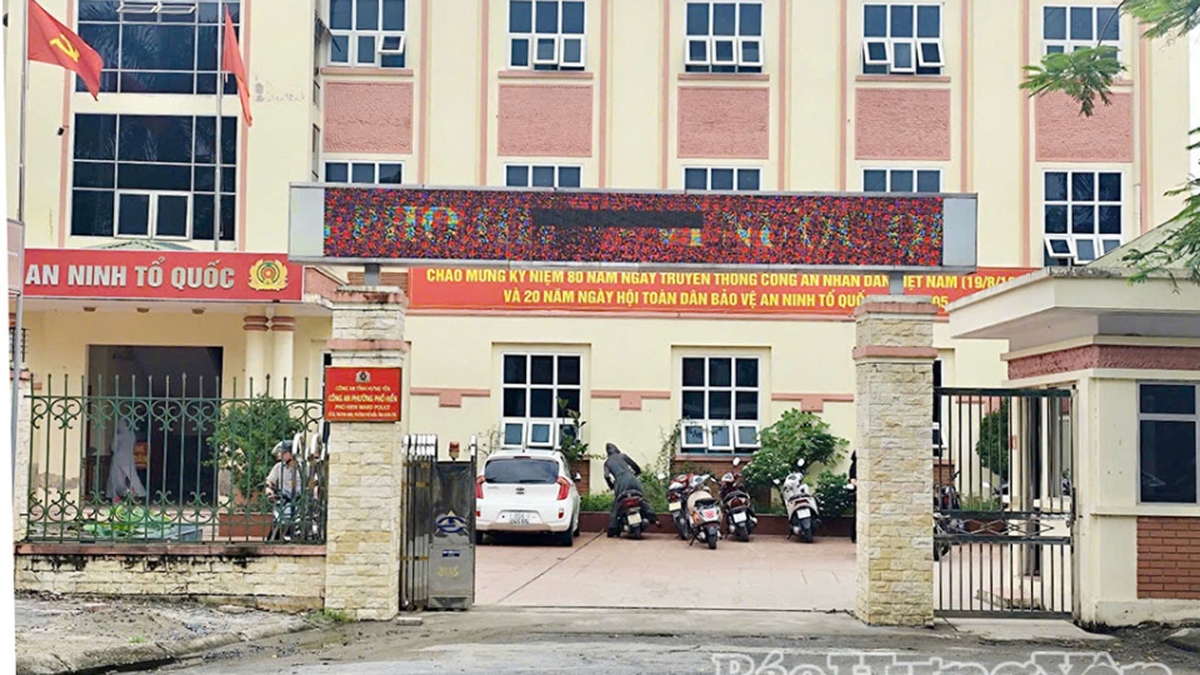




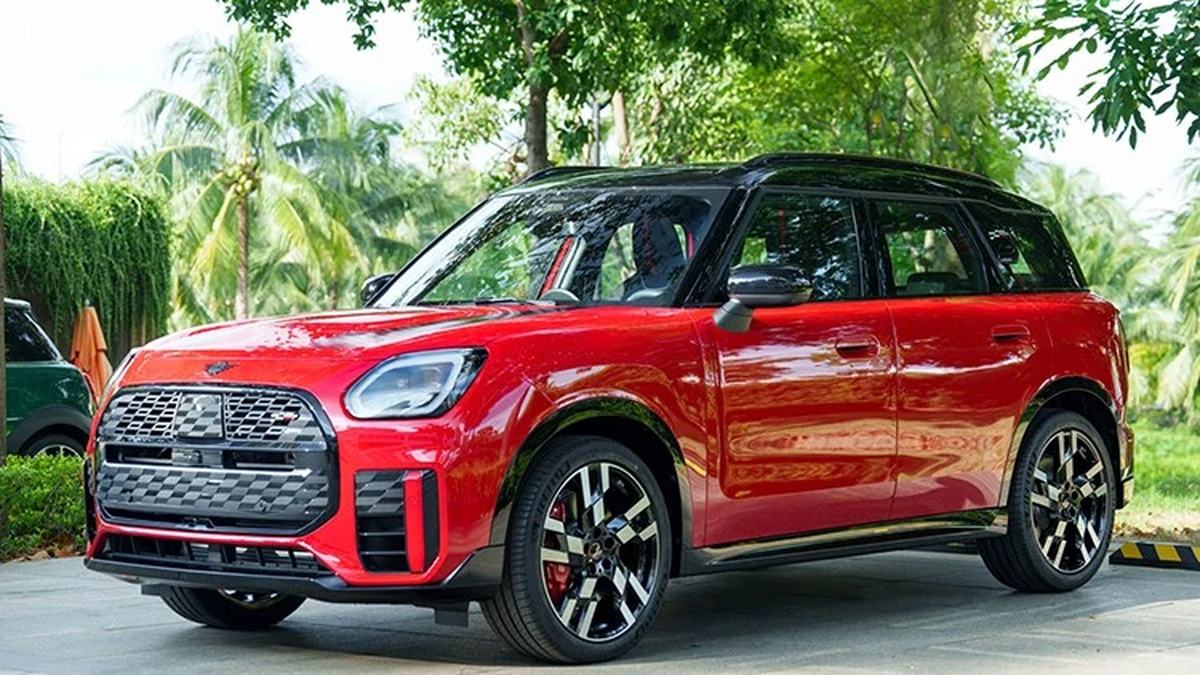
























































































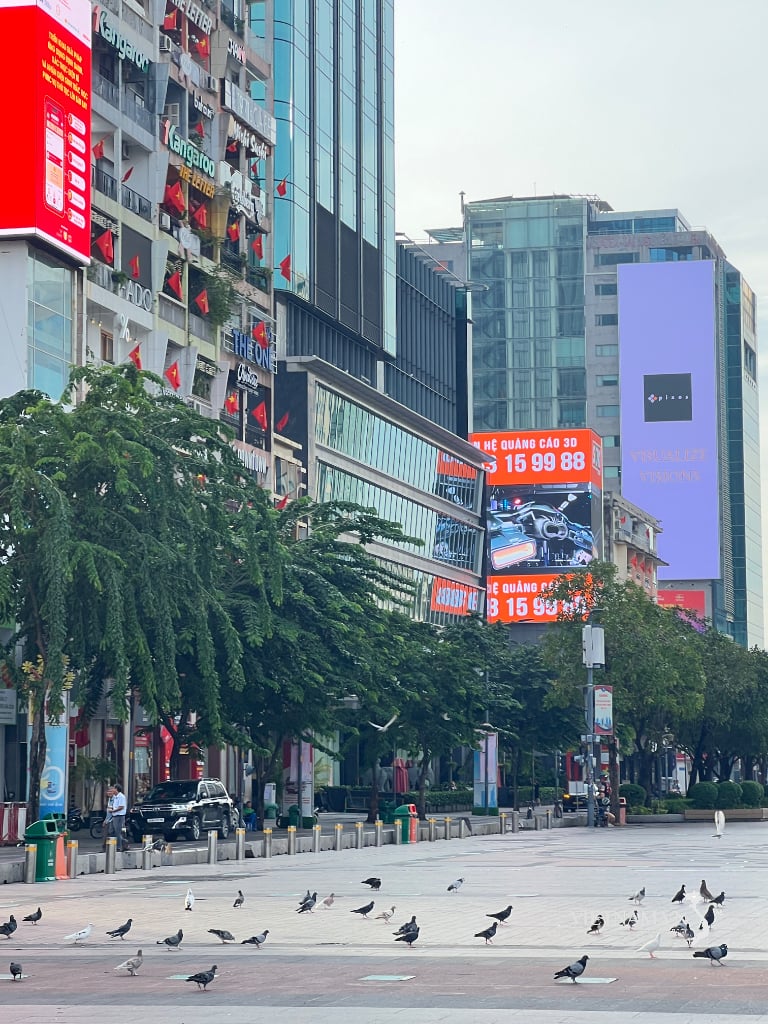
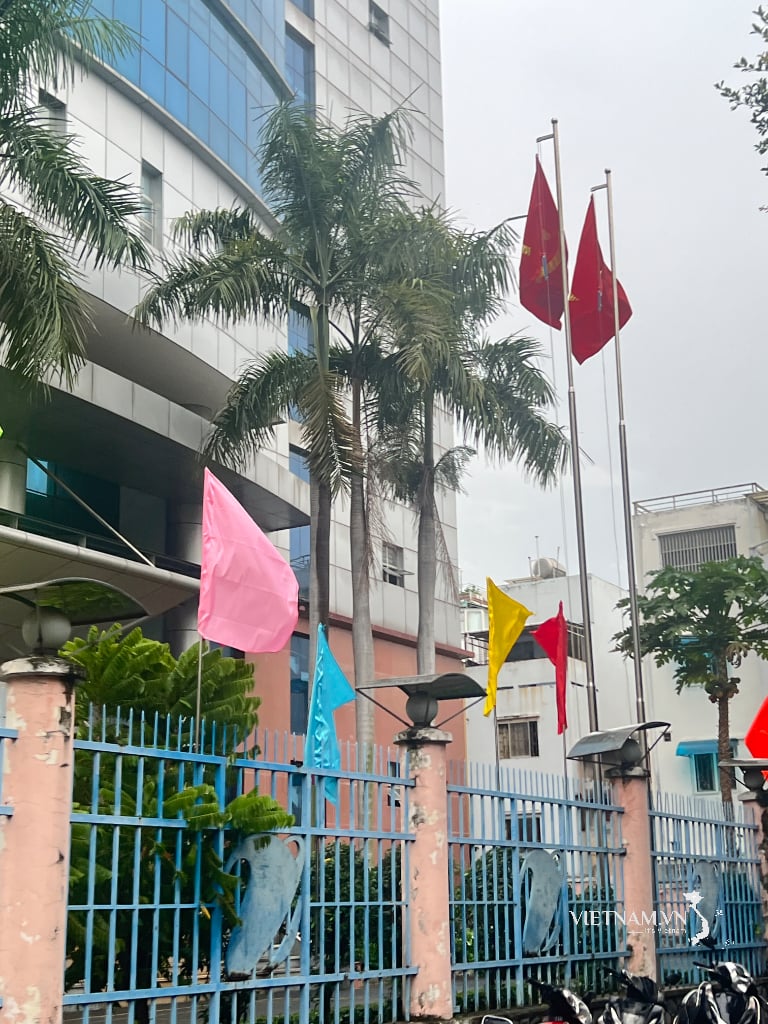
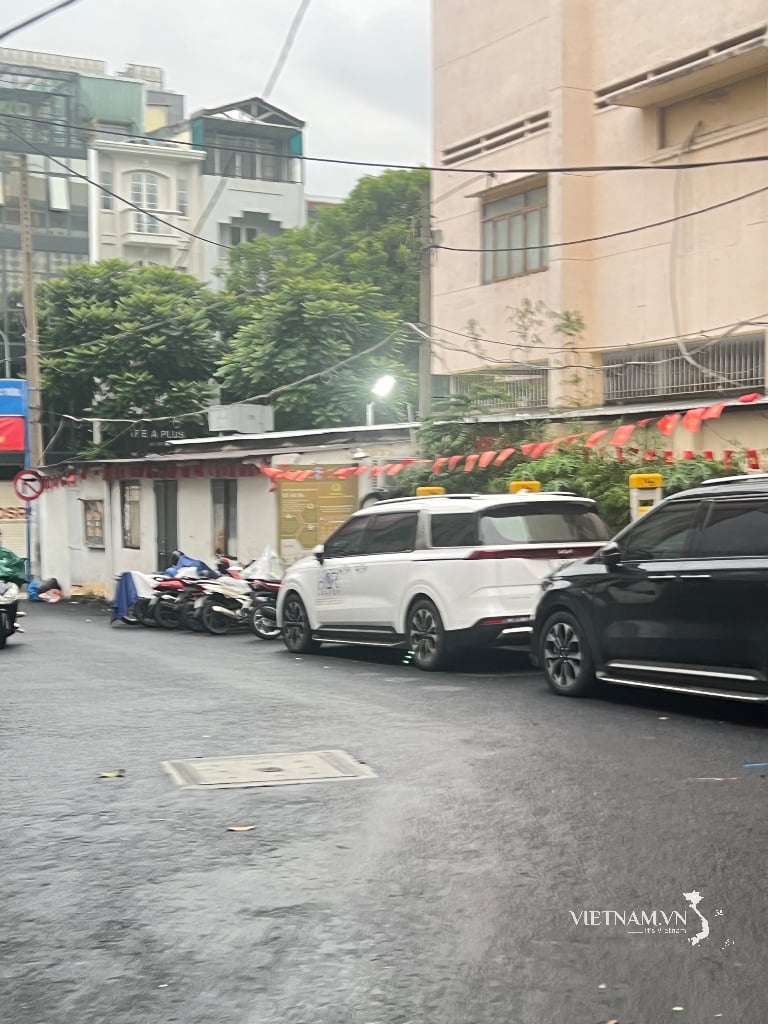
Comment (0)